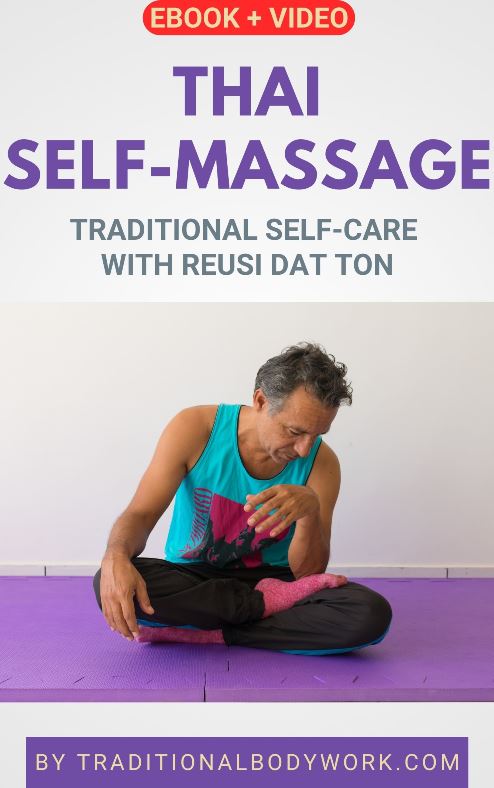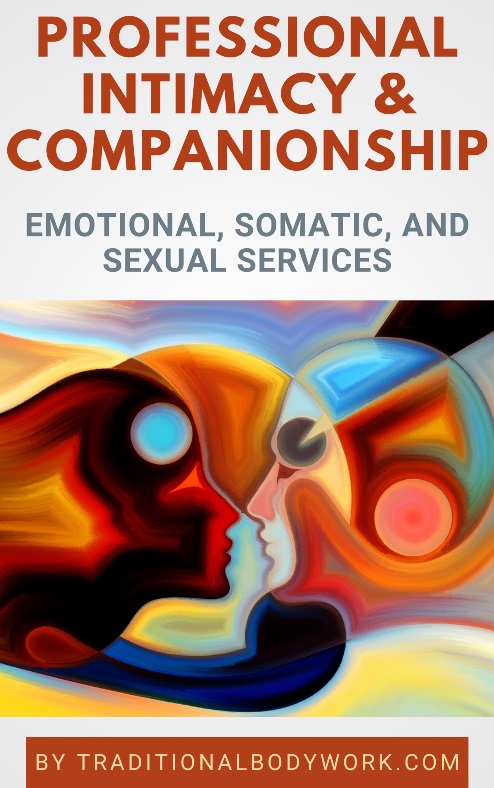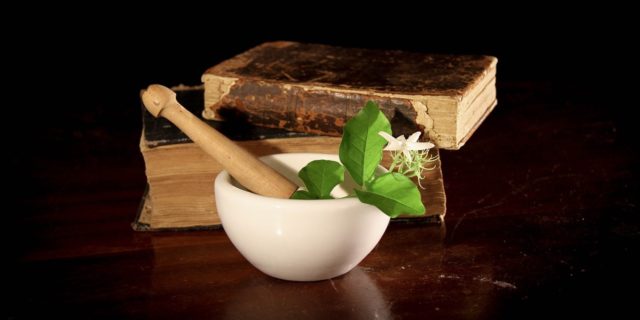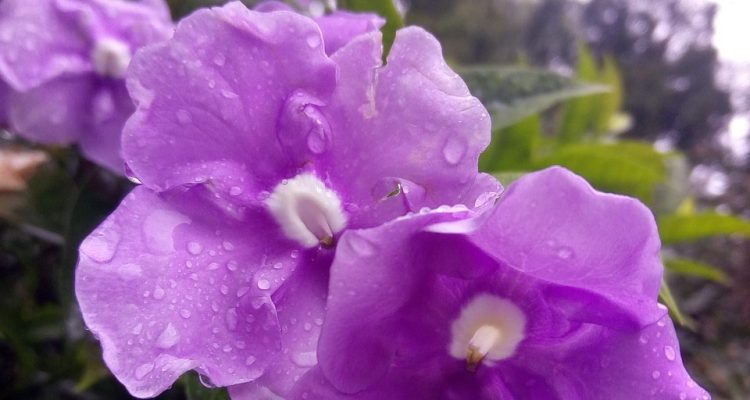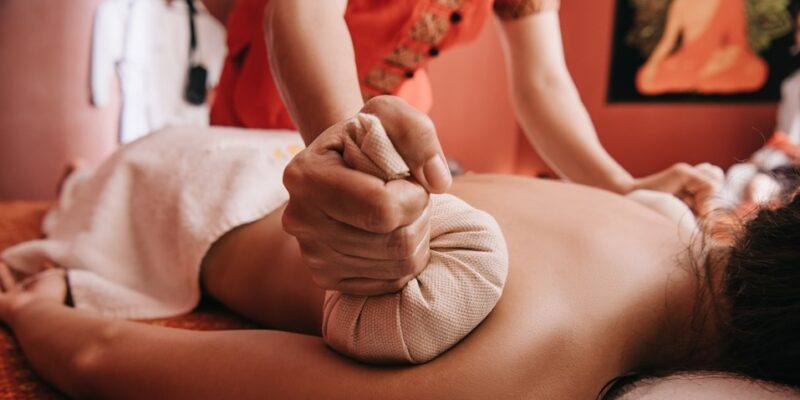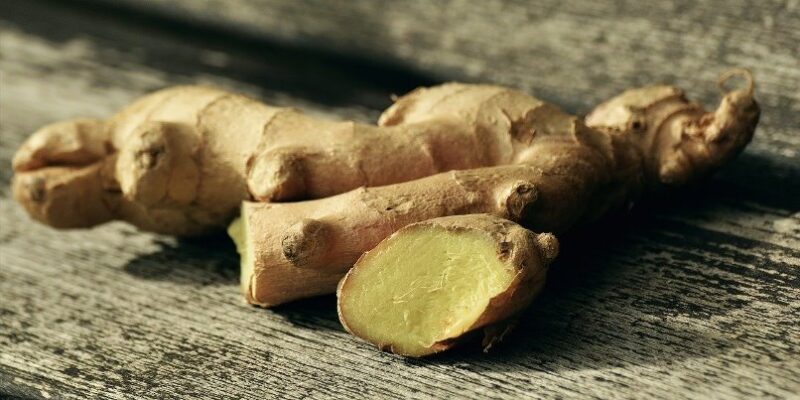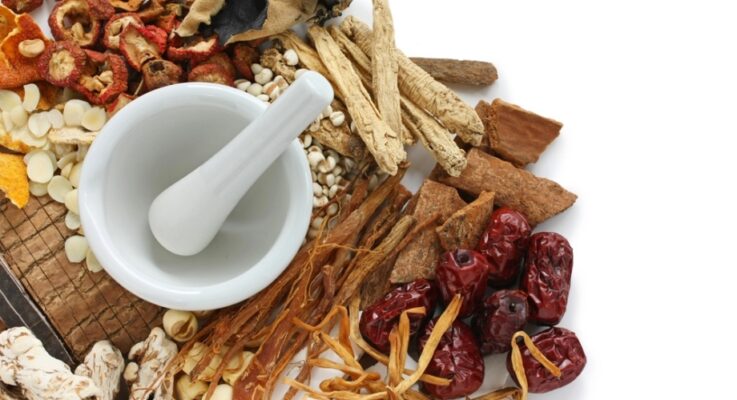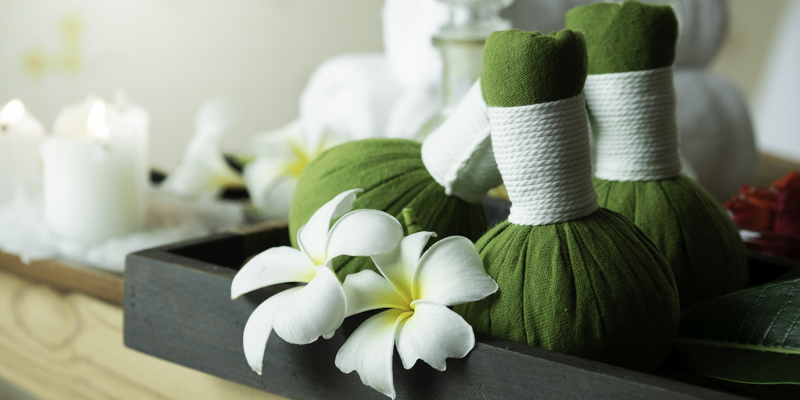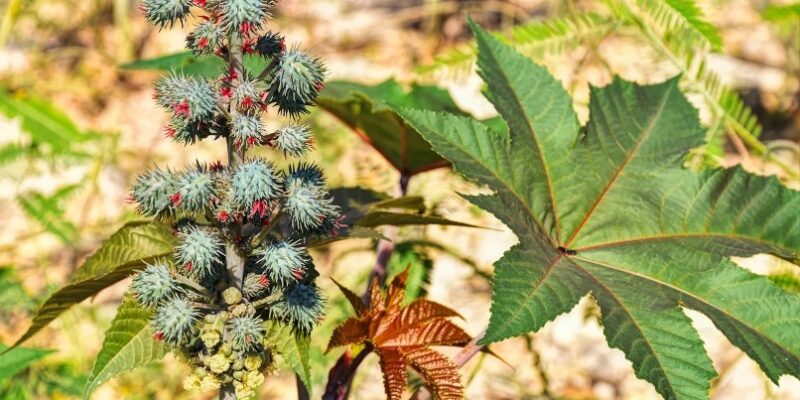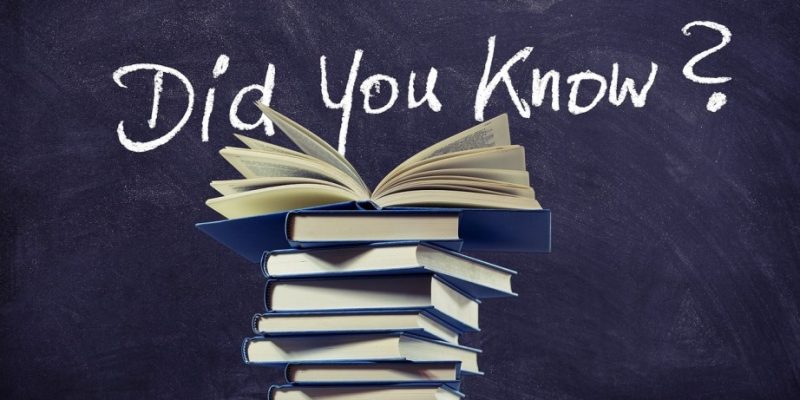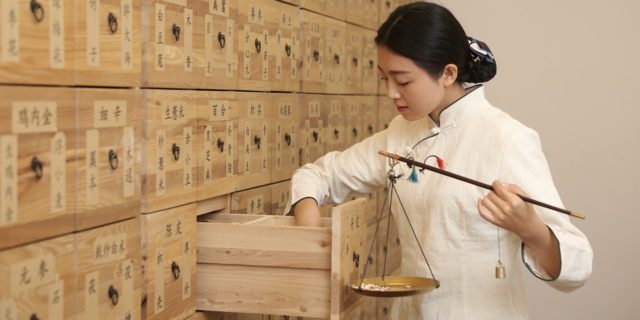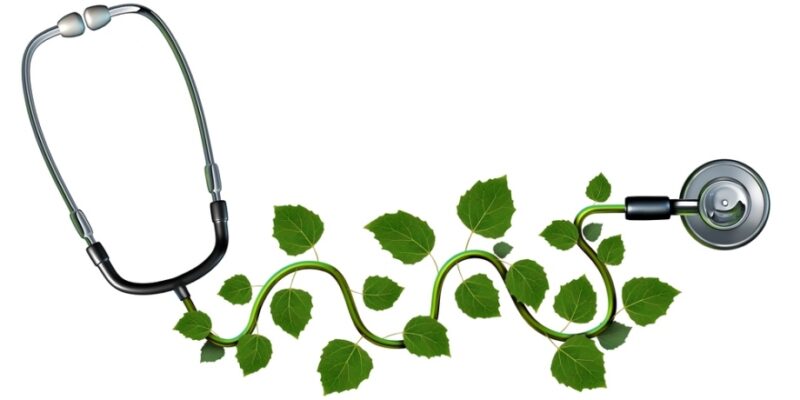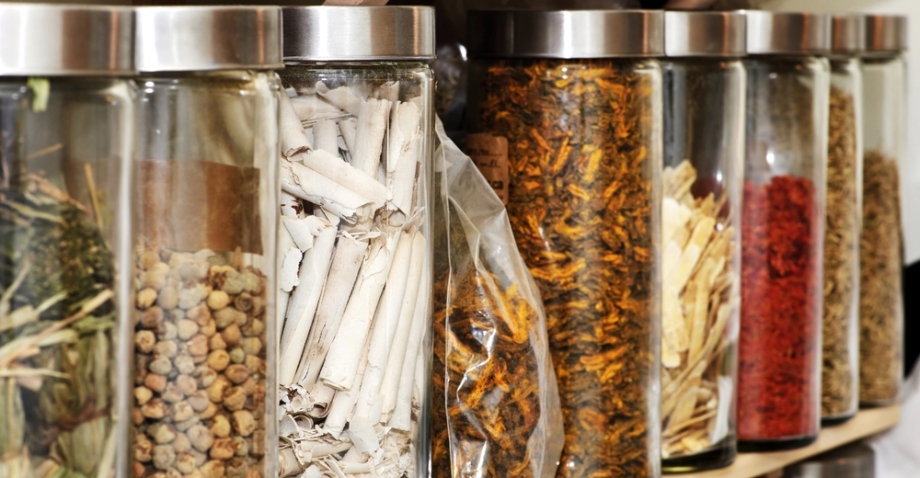
The use of herbs to prevent diseases, maintain health and treat illnesses is an ancient tradition, of all civilizations, may the latter be from Oceania, Africa, Europe, the Americas, or Asia. Naturally, the use of specific herbs has always depended on those available in a certain geographical region and by the beliefs, knowledge, and habits of individual peoples, cultures, and nations.

Herbs are typically described as (parts of) plants, which are used for their scent, flavor, or therapeutic properties. Therapeutically, as medicine, herbs are used as is, as dietary supplements or applied within massage and other bodywork modalities in order to alleviate or cure illnesses. Sometimes, the parts used of humans (like, for instance, hair or nails), animals, or minerals are also considered herbal medicine, depending on the definition applied.
In massage therapy, herbs are usually applied by using herbal compresses, herbal packs and pastes, and herbal oils (either via aromatherapy or topically). Herbs may be further used in food, in concoctions, lotions, creams, balms, teas, liquors, in baths and steam baths, in aromatic scents, and whatnot.
The concept behind herbal medicine applications is that people can, with adequate knowledge of medicinal herbs, learn to live in harmony with their surroundings, with the changes in their lives, improve energy levels, support longevity and a healthy sexuality, strengthen the immune system, detoxify the body, and treat common discomforts and ailments.
As herbs affect the body by causing physiological changes, they are therefore considered bodywork in most traditional medicine systems. Of course, this does not mean that the application of herbs is limited to the physical essence only; the use of herbal medicine includes a holistic approach, and the link between body, emotions, mind, and energy is always taken into consideration.
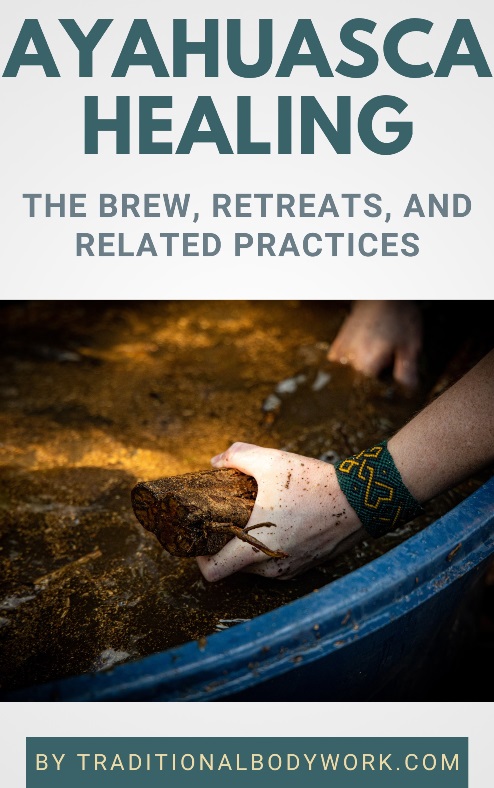
Herbs used medicinally have been studied and categorized for their flavor (taste), therapeutic properties (their nature), and organ or other bodily systems they affect.
Flavors (or tastes) include sour, bitter, acrid, salty, and sweet, and correspond with a physical or emotional function or organ. Therapeutic properties (or natures) can be cold, cool, neutral, warm, and hot. For instance, hot and warm herbs are used to treat cold diseases, while cool and cold herbs are used to treat heat or hot diseases.
Each herb is then categorized according to its main therapeutic properties and actions/function. These include diaphoretics (cleansing through sweat), anti-inflammatories, diuretics (cleansing through urine), digestives, relaxants, tonics, internal warmers, to name just a few categories.
Taken all this into account, herbs are then combined into formulas to accomplish several tasks simultaneously and these herbal formulas are categorized in the same manner as the individual herbs.
Before choosing a mixture of herbs, therapists will typically ask a patient about the symptoms of the illness and perform an overall examine, usually focusing on the skin, hair, tongue, eyes, smells, pulses, and voice, in order to discern the imbalances in the body.
One of the issues with herbal medicines and formulas is that they have not all been thoroughly tested. Some herbs or combination of herbs can actually be very toxic and harmful. Before using a certain herbal recipe, it’s advised to first do a thorough check, for instance, with a certified herbalist or on the Internet.
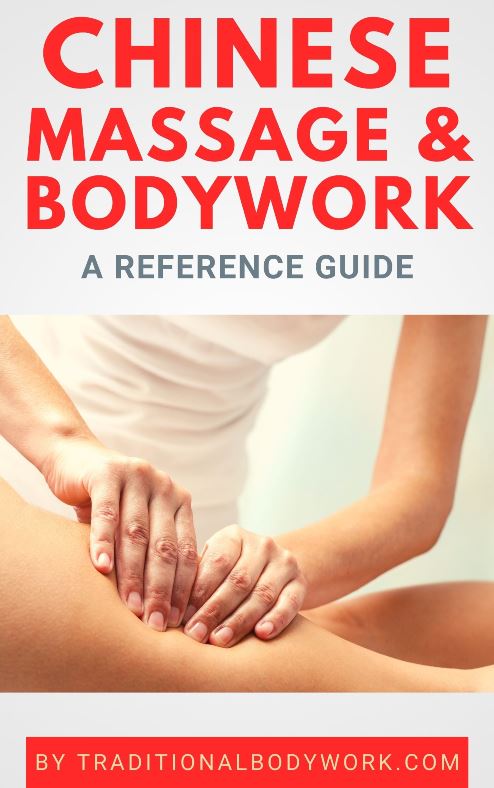
Another problem today, is contamination of herbal products with for instance foreign plant or animal material, drugs, heavy metals, and pesticides, and so on, which can cause asthma or allergic reactions or even organ damage.
Nevertheless, competent herbal healers will be alert with regard to the contraindications mentioned above, and moreover, they will always be open to apply (or recommend) a mix of traditional healing arts, such as massage, energy work, and spiritual work, among other methods, tools, and techniques.
We also need to realize that many herbal medicines contain the same active ingredients as modern over-the-counter medicines and can be likewise effective. Yet, herbal applications may take some time to become effective, because they work on and through the whole body rather than on specific symptoms.
In traditional medicine systems it’s believed that consistent use of herbal remedies, improving one’s dietary regime, massage, exercising, and meditation can support man in finding and maintaining health and happiness.


